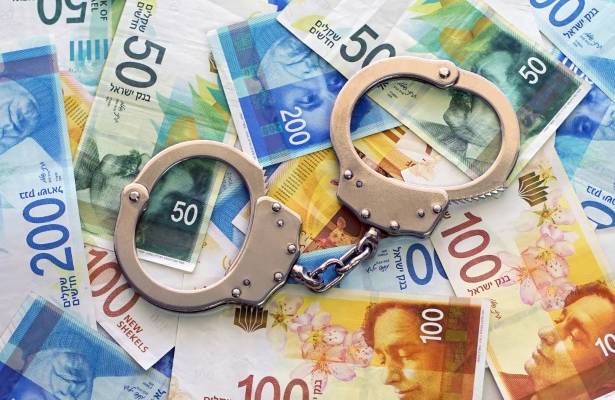Israel is one of only seven countries that actively enforce anti-corruption laws.
By: United with Israel Staff and AP
Israel received the highest ranking by the anti-corruption watchdog Transparency International for its war on bribery in international business deals, while TI noted that more than half of global exports come from countries that regularly fail to punish bribing foreign officials.
In its independent assessment of compliance with the OECD Anti-Bribery Convention, the agency said Wednesday that only 11 of 44 jurisdictions conduct active or moderate enforcement, including Germany, Israel, Italy, Norway, Switzerland, the United Kingdom, the United States, Australia, Brazil, Portugal and Sweden. Only seven of the 11, including Israel, received the highest ranking of “active enforcement.”
Together, the 11 account for 30.8 percent of world exports.
Israel has dramatically improved its rating, up from little or no enforcement in 2015, TI noted.
Israel’s increase is due to its successful prosecution of its first-ever foreign bribery case, and a significant increase in the number of opened investigations, the report said.
In the period 2014-2017, Israel opened 13 investigations, commenced one case and concluded its first ever foreign bribery case, reaching a settlement with NIP Global in December 2016.
Under the settlement, the Israeli company was fined $1.2 million after it admitted paying over $500,000 in bribes to a senior official from the Lesotho Interior Ministry in order to advance its businesses in the country.
Thirty-three countries, accounting for 52 percent of world exports, had limited or little enforcement, including Canada, New Zealand, China, India, Japan and Ireland.
China and India aren’t party to the OECD convention but are signatories to the UN Convention on Corruption which also calls for enforcement against bribery abroad.
“It is unacceptable that so much of world trade is susceptible to consequence-free corruption,” said Delia Ferreira Rubio, Chair of Transparency International.
“Governments have promised to implement and enforce laws against bribing foreign officials under the OECD and UN conventions. Yet many are not even investigating major cases of grand corruption, which involve state owned enterprises and senior politicians. These have an especially corrosive effect, and ultimately impact the ordinary citizens of the country the hardest.”
